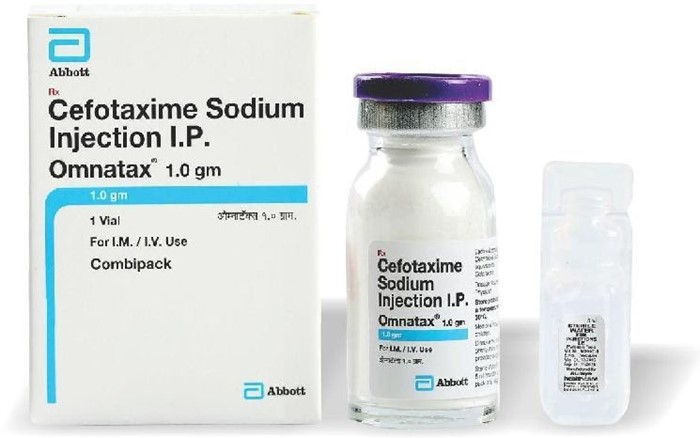A nurse is administering an intravenous (IV) infusion of 2 g cefotaxime dissolved in 100 mL of isotonic glucose solution to a client. The drop factor of the IV tubing is 15 drops/mL.
If the infusion time is 1 hr, what is the gt/min?
400 gt/min
6 gt/min
25 gt/min
9 gt/min
The Correct Answer is C
The gt/min is 25.
This answer is correct because it is based on a simple formula and calculation. The nurse should use the following formula to calculate the gt/min:
gt/min = (Volume in mL x Drop factor in gt/mL) / Time in min
Plugging in the given values, the nurse should get:
gt/min = (100 mL x 15 gt/mL) / 60 min
gt/min = 25
Therefore, the gt/min is 25.

Nursing Test Bank
Naxlex Comprehensive Predictor Exams
Related Questions
Correct Answer is B
Explanation
Step 1 is Convert pounds to kilograms 110 lb ÷ 2.2 = 50 kg
Step 2 is Calculate dose in micrograms per minute 50 kg × 200 micrograms = 10,000 micrograms/min
Step 3 is Convert micrograms to milligrams 10,000 micrograms ÷ 1000 = 10 mg/min
Step 4 is Convert mg/min to mg/hr 10 mg × 60 = 600 mg/hr
Step 5 is Determine concentration of esmolol in mg/mL 2.5 grams × 1000 = 2500 mg 2500 mg ÷ 250 mL = 10 mg/mL
Step 6 is Calculate infusion rate in mL/hr 600 mg/hr ÷ 10 mg/mL = 60 mL/hr
Correct Answer is C
Explanation
To find the hours to finish the infusion, you need to calculate the following:
- The volume of saline solution in milliliters
- The time in hours using the formula: Time (h) = Total volume (mL) / Infusion rate (mL/h)
First, convert the volume of saline solution from liters to milliliters by multiplying by 1000:
1.5 L x 1000 = 1500 mL
Next, use the formula for time to find how many hours it will take to infuse the saline solution at the current rate:
Time (h) = Total volume (mL) / Infusion rate (mL/h)
Since the total volume is 1500 mL and the infusion rate is 75 mL/h, plug in these values into the formula:
Time (h) = 1500 mL / 75 mL/h
Simplify and solve for the time:
Time (h) = 20 h
Therefore, it will take **20 hours** to finish the infusion at the current rate.
Whether you are a student looking to ace your exams or a practicing nurse seeking to enhance your expertise , our nursing education contents will empower you with the confidence and competence to make a difference in the lives of patients and become a respected leader in the healthcare field.
Visit Naxlex, invest in your future and unlock endless possibilities with our unparalleled nursing education contents today
Report Wrong Answer on the Current Question
Do you disagree with the answer? If yes, what is your expected answer? Explain.
Kindly be descriptive with the issue you are facing.
